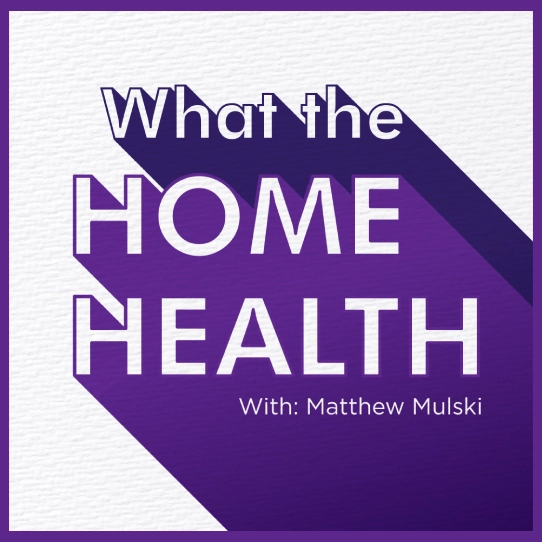How Admission and Consent Documentation Impacts Timely Initiation of Home Care Services
In today’s rapidly evolving healthcare landscape, the timely initiation of home care services is more crucial than ever. With a growing emphasis on patient-centered care and the shift towards home health, streamlining administrative processes like admission and consent documentation has become essential. Inefficiencies in these processes can lead to delays in care, affecting patient outcomes and increasing healthcare costs.
How can home care agencies improve their admission and consent documentation processes to ensure the timely initiation of home care services?
Welcome to What the Home Health. In this episode, host Matthew Mulski sits down with Art Nicholas, the Chief Commercial Officer at Interlace Health, to discuss the pivotal role of admission and consent documentation in home care services. Interlace Health automates clinical and patient workflows to reduce administrative time and improve patient experience.
Key Points of Discussion:
– The conflict between compliance and workflow efficiency in healthcare.
– Real-world impacts of inefficient documentation processes on home care services.
– Strategies for automating documentation to improve patient care and reduce administrative costs.
Art Nicholas, the Chief Commercial Officer at Interlace Health, brings over 15 years of experience in building high-growth sales, marketing, and business development teams. At Interlace Health, he has transformed healthcare solutions through innovative technology and strategic leadership. Art’s expertise includes go-to-market strategies, cross-functional team alignment, and fostering a culture of success, with affiliations in CHIME, HIMSS, and MUSE driving advancements in healthcare SaaS solutions.
Article written by MarketScale.




